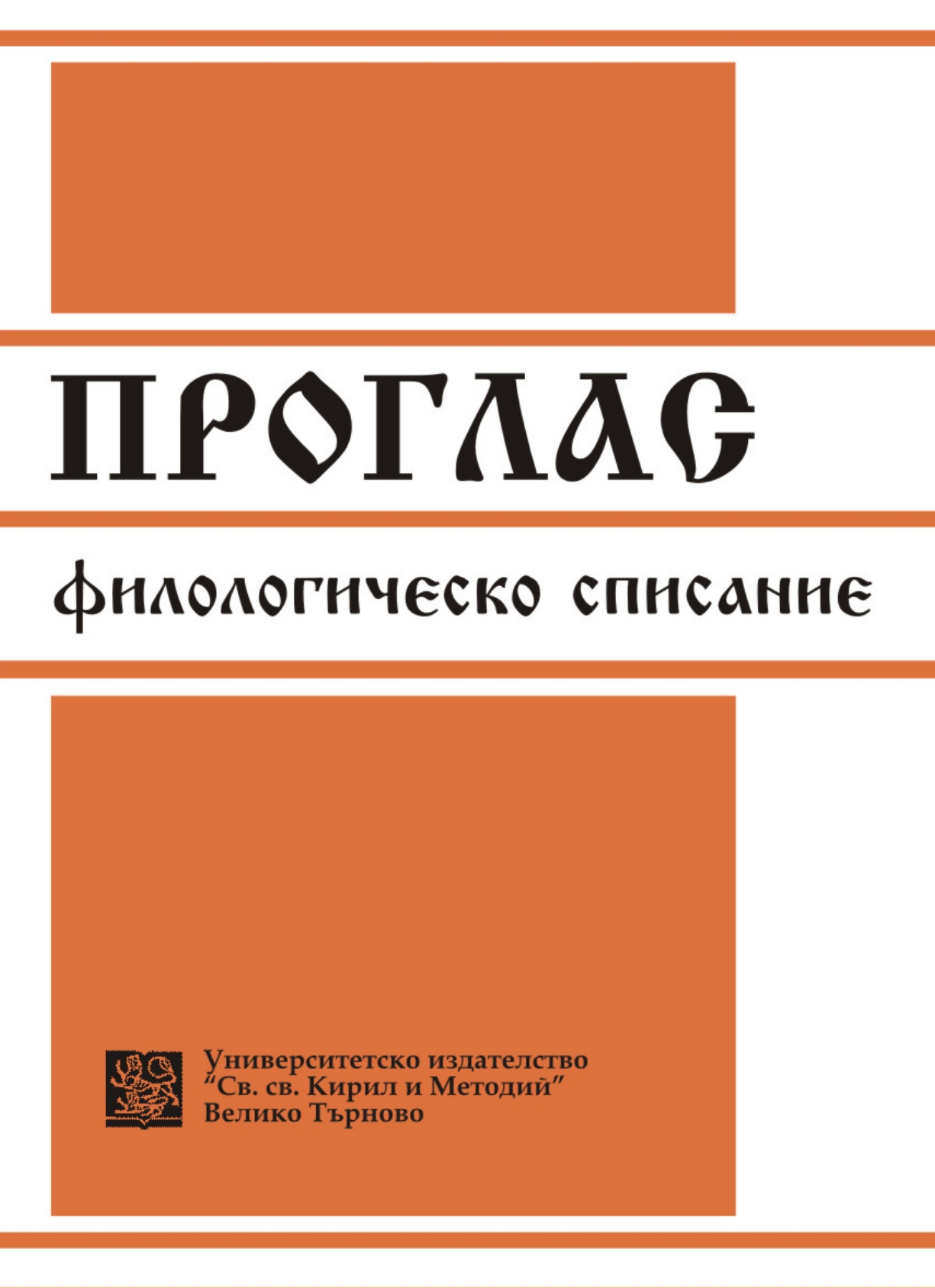Структурно-функционален статус на славяно- българския език на „История славянобългарска” (към типологията на хибридните варианти на църковнославянския език)
Structural-functional Status of the Slavonic-Bulgarian Language in ‘IstoriaSlavyanobаlgarska’ (Concerning the Typology of the Hybrid Varieties of Church-Slavonic)
Author(s): Anastasiya ToshevaSubject(s): History, Language and Literature Studies, Cultural history, Review, General Reference Works, Theoretical Linguistics, Studies of Literature, History of ideas, Social history, Modern Age, Historical Linguistics, Bulgarian Literature, 18th Century
Published by: Великотърновски университет „Св. св. Кирил и Методий”
Keywords: Slavonic-Bulgarian language; Church Slavonic; colloquial Bulgarian; linguistic hybrid; language situation
Summary/Abstract: The impartial analysis of “Istoria slavyanobalgarska” shows that Paisiy’s language can not be fully related neither to Church-Slavonic, nor to colloquial Bulgarian. In epilogue Paisiy presents his linguistic scheme and standard by defining the language of his “Istoria slavyanobalgarska” as Slavonic-Bulgarian – a new linguistic hybrid which has been present in the Bulgarian literature till the 1840s. The linguistic hybrids strengthen their position in the Bulgarian and Serbian historiography and mark the period between the decline of the Church-Slavonic tradition and the beginning of the linguistic revival.
Journal: Проглас
- Issue Year: 22/2013
- Issue No: 2
- Page Range: 146-162
- Page Count: 17
- Language: Bulgarian

